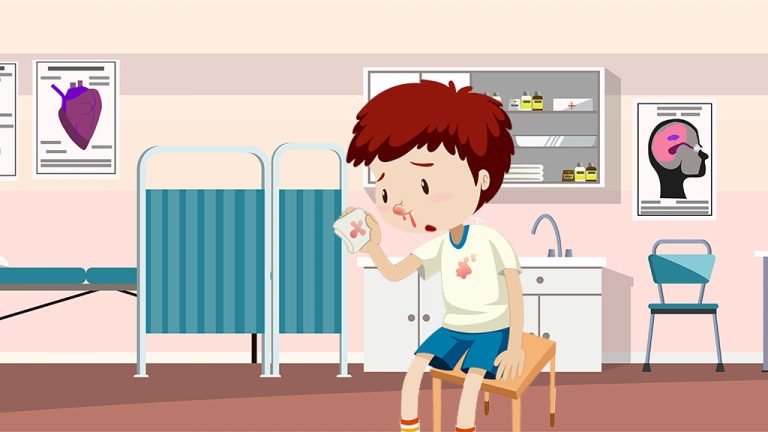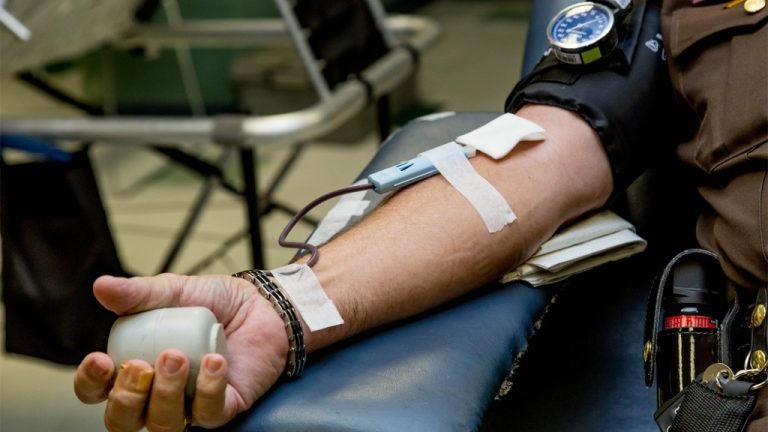Bleeding from the nasal cavities is medically termed as Epistaxis. Childhood Epistaxis are rarely severe, majority treated in ENT outpatient departments. Nonetheless, minor nosebleeds are very common presentations , bothersome and worrying for parents and children.
What are the causes for epistaxis in children? We can find many causes (list in textbooks and internet) from mild mucosal irritation to tumors as the etiology. I would like to make it simple as putting it as local and systemic causes. Local are the ones limited to nose and paranasal sinuses, adenoids like finger nail trauma( the most common cause in children),blunt or sharp trauma, foreign bodies in nose, allergic rhinitis , adenoiditis, Deviated nasal septum, nasal and sinus congestion, dry air, inhaled drugs, tumors (uncommon) . Systemic causes can be ruled out with history of any other bleed- clotting disorders or positive family history for bleeding /clotting disorders, hypertension, thrombocytopenia, use of oral anticoagulant medications.
What we do when we see active nosebleed or complaints of frequent nose bleeding? Rapid assessment and stabilization is followed immediately by attempts to identify the source of bleeding and initiation of measures to control it. Detailed history directed toward determination of the etiology of bleeding is taken. The nasal and nasopharyngeal examination is directed toward findings related to localized causes of bleeding (mucosal abnormalities, foreign bodies, masses, anatomic abnormalities, vascular abnormalities). Routine laboratory evaluation is not indicated for most children with self-limited epistaxis. However, evaluation for bleeding disorder (complete blood count, with platelet count and examination of the peripheral smear, prothrombin time, and activated partial thromboplastin time) is indicated in patients with frequent recurrent nosebleeds, severe nosebleeds that are difficult to control, and those with personal or family history suggestive of a bleeding disorder. And later if needed, a consultation with haematologist.
Simple tips for parents and caretakers- 1. Not to panic if child has nose bleed, frequency and quantity of blood loss matters. Majority are self limiting. 2. Keep an eye on child if he has a habit of nose picking /inserts objects into nose as fingernail trauma is the most common cause . 3. Nose bleed with foul smelling discharge from nose indicates foreign body. Consult an ENT doctor and never attempt removal at home. 4. Trotter’s method -Slight lean forward, open mouth and breathe through it, pinch the front portion of nose for 5-10 minutes with constant pressure. 5. Common practices like lying down (as blood seeps into throat and child swallows it), putting water /ice over head to be avoided. 6. Modified Trotter’s Method – Applying ice over the bridge of the nose in addition to manual pinching as well as leaning forward.






